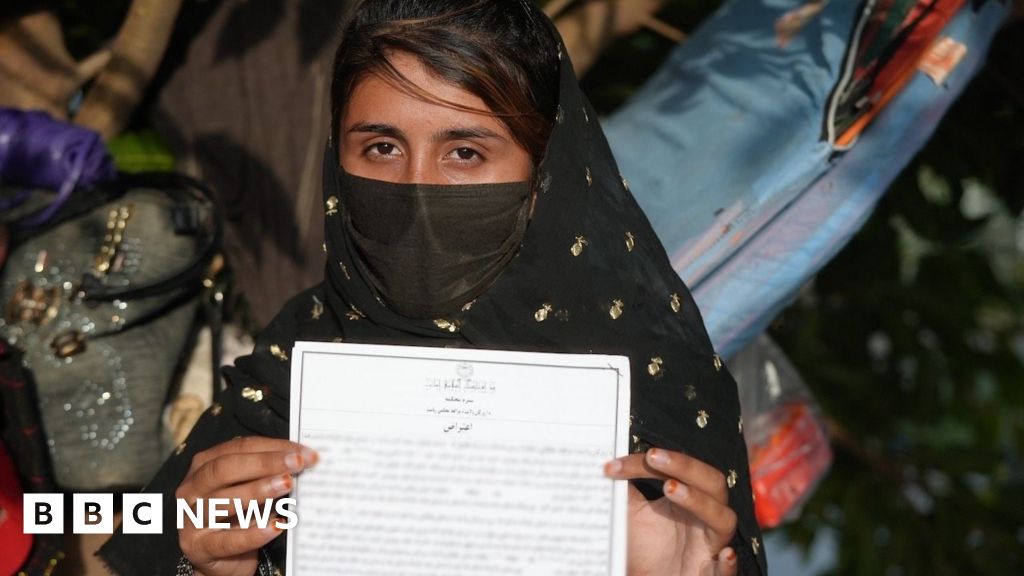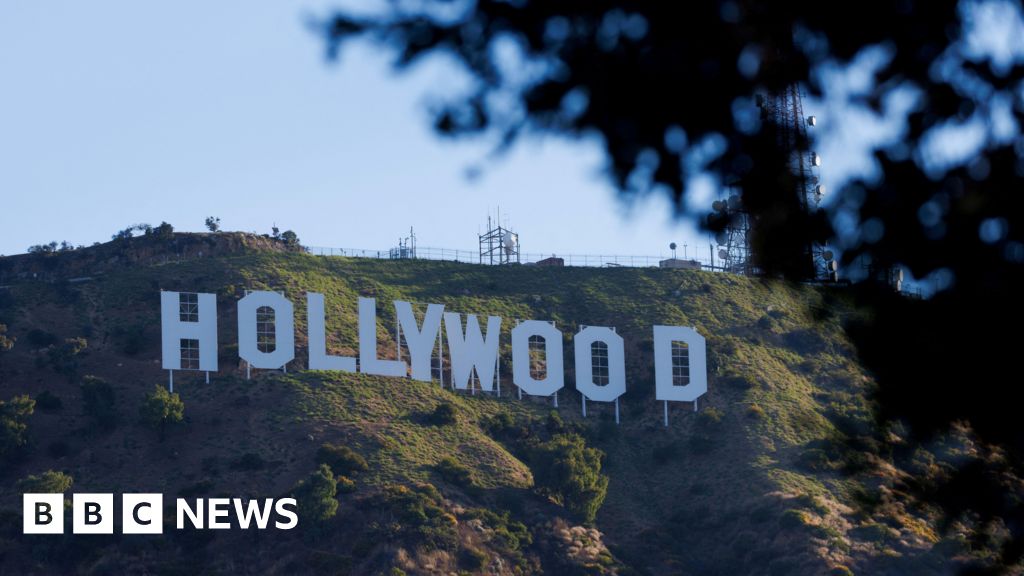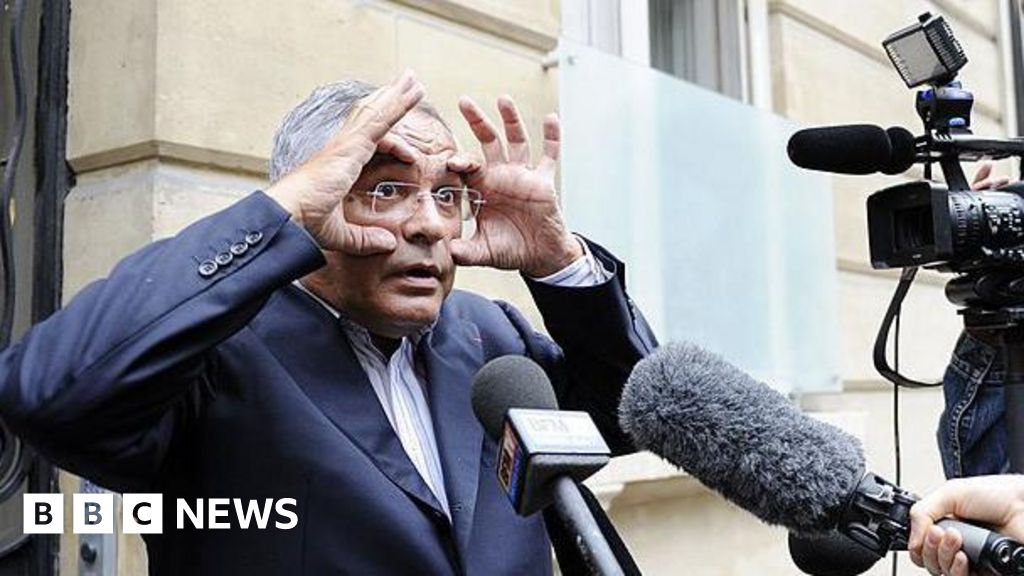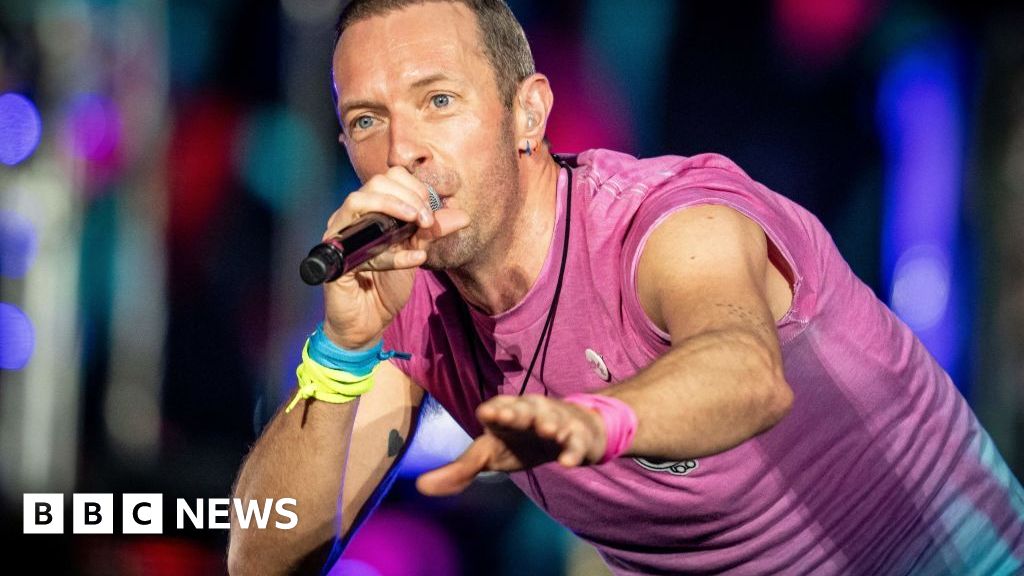Place your adverts here on InfoDig @ low rates; banner ads, sponsored links and guest articles etc. Contact us
Ahead of the planned nationwide protest against economic hardship scheduled for October 1, the Lagos State Government has reiterated that the court order restricting protests to two designated venues in the state remains in effect.
The state Attorney General and Commissioner for Justice, Lawal Pedro (SAN), made this statement on Sunday during an interaction with journalists. He advised the organisers to avoid disrupting social and economic activities, adding that Governor Babajide Sanwo-Olu’s instructions to the Commissioner of Police regarding public safety are still in place.
In July, a Lagos High Court restricted the “End Bad Governance” protest to Gani Fawehinmi Freedom Park in Ojota and Peace Park in Ketu, following an ex-parte application filed by the state government.
Pedro noted that while the governor does not oppose residents expressing their views through protests, such expressions must occur within the bounds of the law.
“We have and shall continue to engage the civil societies and non-governmental organisations in Lagos who are genuinely interested in the development of Lagos State to explain and enlighten them that the Governor of Lagos State Babajide Sanwo-Olu is not opposed to any group of residents to express their view about any government by way of public protest as it is their fundamental right guaranteed by the Constitution of Nigeria 1999,” he said.
However, Pedro clarified that the rights to freedom of speech, association, and assembly are not absolute.
He explained, “By virtue of Section 45, Section 215 (4) of the Constitution of Nigeria (as amended) and Section 4 & 10(2) of the Police Act, it is lawful for the Governor of Lagos State or the Attorney General of Lagos on his behalf to give the Commissioner of Police of Lagos State directive for maintenance and securing of public safety and public order that may impact on the exercise of these fundamental rights.”
In this context, he urged the organisers to utilize the designated venues—Freedom Park and Peace Park—for their protests, ensuring adequate protection and media coverage.
Pedro further warned, “It is the same set or group of people that organised the last protest that is planning the October 1 protest, so they should be guided by the interim preservative order of injunction of court restricting public protest in the state to designated venues.”
Meanwhile, the protest organizers, including the Education Rights Campaign (ERC), Movement for Fundamental Change (MFC), Youth Rights Campaign (YRC), Joint Action Front (JAF), and Pan-African Consciousness Renaissance (PACOR-Nigeria), have written to the police requesting adequate security for their members.
Explaining their reasons for organizing the protest, they noted that none of their demands from the August 1-10 nationwide protests have been addressed.
“None of the demands from our ten days of protests in August have been met. Instead, President Bola Ahmed Tinubu has used the national treasury to acquire luxury cars, aircraft, and other extravagances for himself and the first family, showing no regard for the plight of hungry Nigerians,” the organizers said.
They added, “In further disregard for the people, the government has imposed yet another hike in fuel prices this month. Fuel now costs between N900 and N1,900 per liter, depending on the region. Less than two years ago, a liter of fuel cost no more than N200. This is outrageous and intolerable. Life has become unbearable for many Nigerians.”
The organizers also highlighted the impact of rising prices on food and the overall cost of living, stating that inflation has rendered the new N70,000 National Minimum Wage insufficient for Nigerian workers.
“Many are starving as the increase in fuel prices has driven up food costs. Inflation has made the new minimum wage irrelevant, while the sharp rise in the cost of imported goods has left traders with unsold stock,” they concluded.

















 English (US) ·
English (US) ·